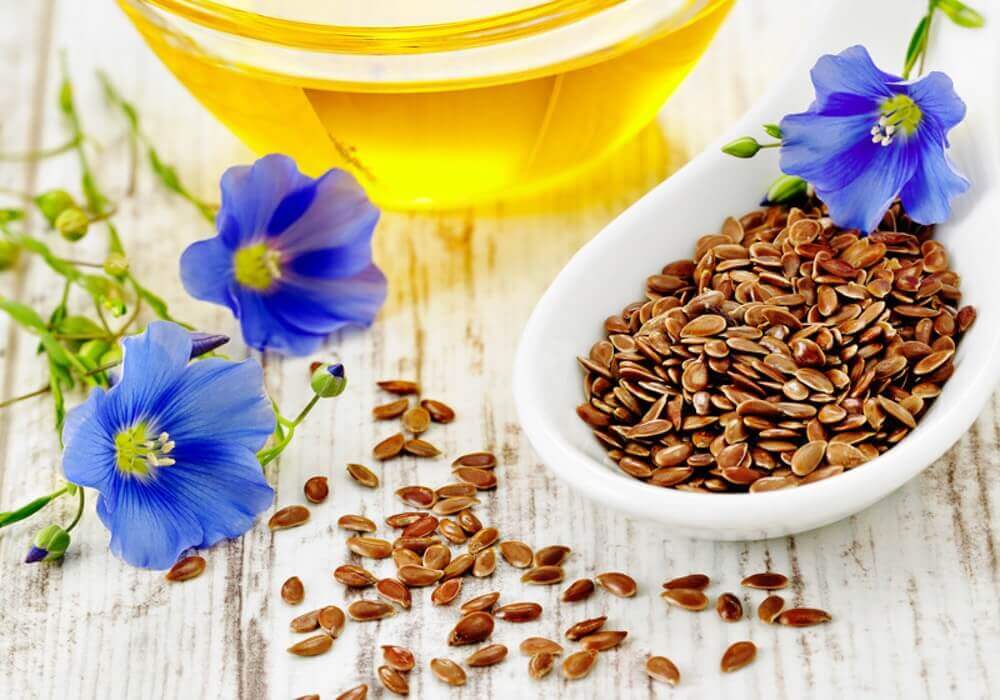During his expedition to Arctic regions in 1944, biochemist Hugh Sinclair was amazed to discover that people in these regions were much less likely to suffer from cardiovascular problems than elsewhere. What was the secret of the Eskimos, since they had to get by without fresh fruit and vegetables? On the contrary, they fed on fatty fish such as salmon, mackerel or herring, or even on the blubber of seals and whales. Foods that nutrition experts at the time labelled as absolutely unhealthy. Later, other researchers studied the Eskimos in Greenland and also found that those who ate a more traditional diet than their compatriots on the east coast suffered from cardiovascular diseases much less frequently than the others who already ate supermarket food.
Omega-3 fatty acids responsible for health
The scientists found that the polyunsaturated fatty acids alpha-linolenic acid (ALA) and docosahexaenoic acid (DHA) were responsible for the Eskimos' above-average health. Better known to us today under the collective term omega-3 fatty acids.
According to science, omega-3 fatty acids also played a decisive role in the development of the human brain. Omega-3 fatty acids are an integral part of cell membranes, which are primarily found in brain cells and also in the retina of the eyes. It was only when humans began to consume omega-3 fats that the brain grew. In the course of human history, the weight of the brain more than tripled in the period from 2.5 million years ago to Homo Sapiens about 90,000 years ago. Researchers assume that fish in particular provided the omega-3 building blocks necessary for this. Scientists at the University of London have put forward a further thesis in this regard, namely that it was only early humanity's access to the lakes and seas in Africa that made the growth of brain mass possible. Fruits of nature such as nuts, seeds or roots also come into play.
Lein has higher omega-3 content than fish
Nowadays, however, the quality of fish catch leaves much to be desired. On the one hand, fish from mass farming or aquacultures usually have considerably less valuable omega-3 fats, and on the other hand, confidence in quality has fallen sharply in recent times. This also brought linseed oil back to the fore. The linseed plant is one of the oldest cultivated plants in human history and has fallen into oblivion due to the industrialisation of the food industry and also the boom in fish consumption. Yet flax is not only vegetable, but also grows regionally. And the most important thing: flax has a much higher omega-3 content than fish. While a fatty fish like salmon or herring offer only 3 grams of omega-3 per 100 grams, 100 grams of linseed oil contains around 55 grams of omega-3 fats. In addition, linseed oil offers another bundle of nutrients. Particularly worth mentioning are plant phenols, which have an antioxidant effect and protect our cells from free radicals. Or lignans, which even play a role in the fight against cancer and are often brought into play by the anti-ageing faction.
For the brain, an adequate supply of omega-3 is the basis for good memory performance, the ability to concentrate and optimal communication between the brain cells. The better the supply, the better the transmission of stimuli between the brain cells. Omega-3 has also been positively evaluated in various studies in connection with Alzheimer's disease, dementia and ADHD.
We recommend one tablespoon of fresh linseed oil daily in yoghurt, muesli or pure.







